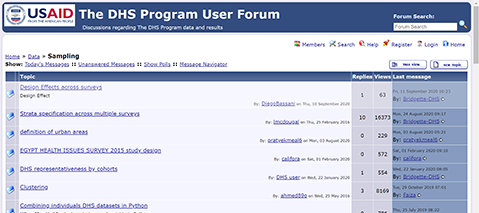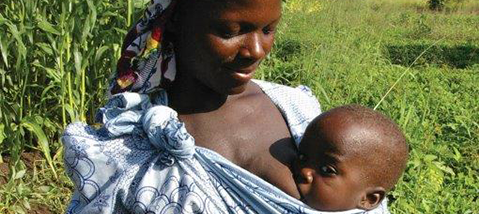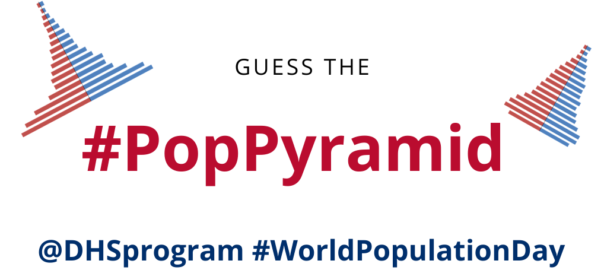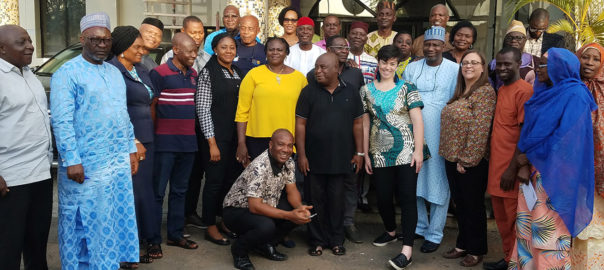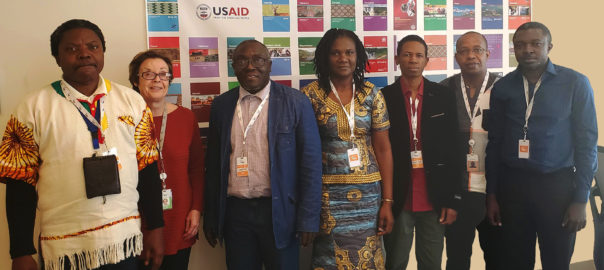Adapting to the New Reality: Data Processing Goes Virtual
In March 2020, The DHS Program released a call for applications for the 2020 DHS Data Processing Procedures – Data Tabulation and Data Finalization (DPPII) workshop, to be held in Accra, Ghana in June. The DPPII workshop includes online pre-work and face-to-face instruction. DHS Program Data Processing staff members assist participants through one-on-one coaching, and […]


